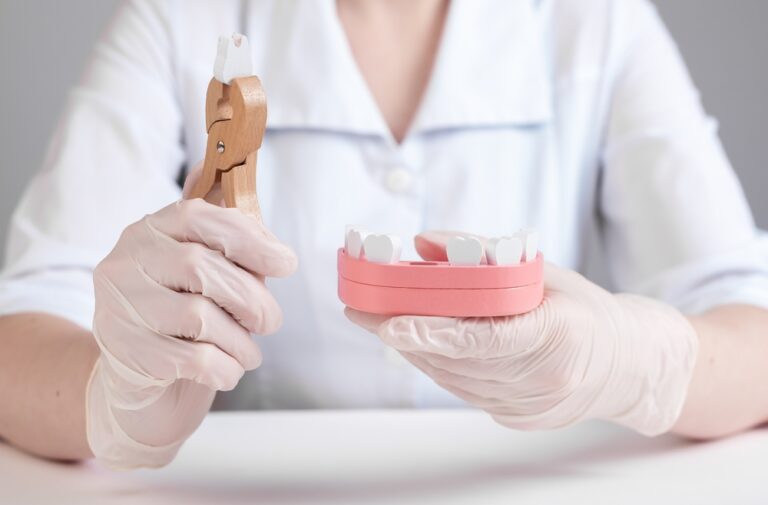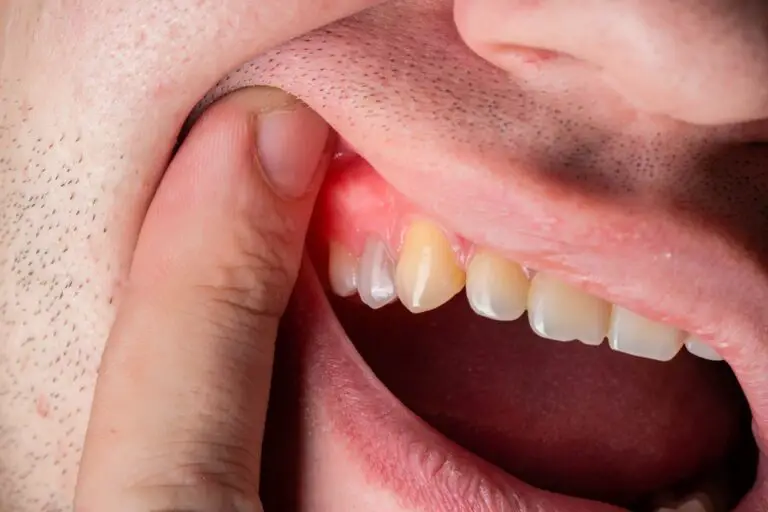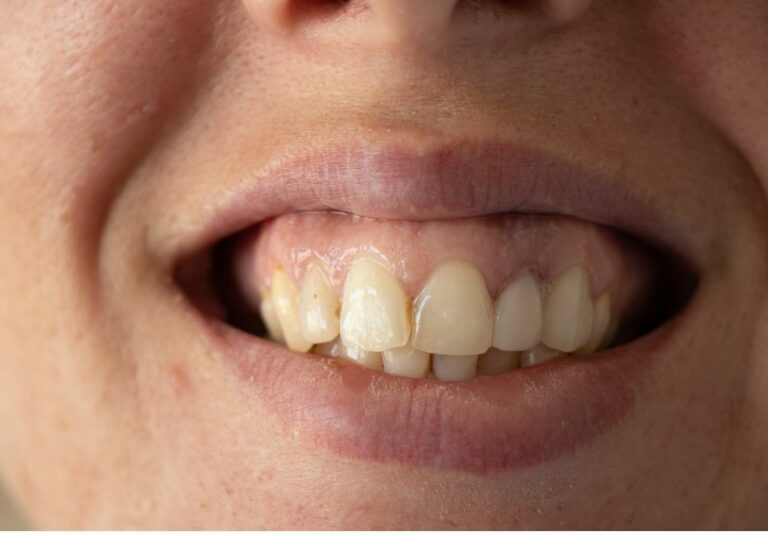Did you know that your dental health could be related to your kidney function? Recent studies have shown that there may be a connection between poor dental hygiene and kidney disease. While it might seem strange that your teeth and kidneys are linked, research has found that the two are more closely related than you might think.
To understand this connection, it’s important to know that both your teeth and kidneys are part of your body’s filtration system. Your teeth filter out harmful bacteria and other substances that could cause infections, while your kidneys filter out waste products and excess fluids from your blood. If your teeth are infected or damaged, harmful bacteria can enter your bloodstream and affect your kidneys. In fact, studies have shown that people with periodontitis, a chronic inflammation of the gums, are more likely to develop kidney disease.
Understanding Kidney Function

Your kidneys play a crucial role in maintaining the balance of fluids and electrolytes in your body. They filter out waste products and excess fluids from your blood, which are then excreted through urine. They also help regulate blood pressure, produce hormones that stimulate the production of red blood cells, and maintain the balance of acids and bases in your body.
Your kidneys contain millions of tiny filtering units called nephrons. Each nephron consists of a glomerulus (a tiny blood vessel) and a tubule. Blood is filtered through the glomerulus, and the resulting filtrate passes through the tubule, where water, electrolytes, and other substances are reabsorbed back into the bloodstream as needed.
When your kidneys are functioning properly, they can filter up to 120 to 150 quarts of blood per day. However, when your kidneys are damaged or not functioning properly, waste products can build up in your blood, leading to a condition called chronic kidney disease (CKD).
Some common causes of CKD include high blood pressure, diabetes, and glomerulonephritis (a condition that damages the glomeruli in your kidneys). Symptoms of CKD may include nausea, vomiting, loss of appetite, fatigue, weakness, sleep problems, and urinating more or less than usual.
It is important to take care of your kidneys by eating a healthy diet, staying hydrated, exercising regularly, and avoiding smoking and excessive alcohol consumption. If you have any concerns about your kidney function, talk to your healthcare provider.
The Oral-Systemic Connection
Did you know that your oral health can impact more than just your mouth? There is a connection between your oral health and your overall health, including your kidneys. This connection is known as the oral-systemic connection.
The oral-systemic connection refers to the relationship between the health of your mouth and the health of the rest of your body. Poor oral health can lead to various systemic diseases, including kidney disease.
Periodontal disease, or gum disease, is a common oral health issue that has been linked to kidney disease. People with periodontal disease have a higher risk of developing kidney disease than those without it. This is because the bacteria that cause periodontal disease can enter the bloodstream and affect other parts of the body, including the kidneys.
Maintaining good oral hygiene is essential to prevent periodontal disease and reduce the risk of kidney disease. Brush your teeth at least twice a day for two minutes each time, and floss daily. Use a soft-bristled brush and fluoride toothpaste to help strengthen teeth against the development of cavities. Your dentist may also suggest using fluoride or antimicrobial rinses.
In addition to good oral hygiene, a healthy diet can also help prevent periodontal disease and reduce the risk of kidney disease. Limit sugary foods and drinks and eat a balanced diet that includes plenty of fruits, vegetables, and whole grains.
By maintaining good oral health, you can help protect your kidneys and reduce the risk of developing kidney disease. Take care of your mouth, and your body will thank you!
How Dental Health Affects Kidneys
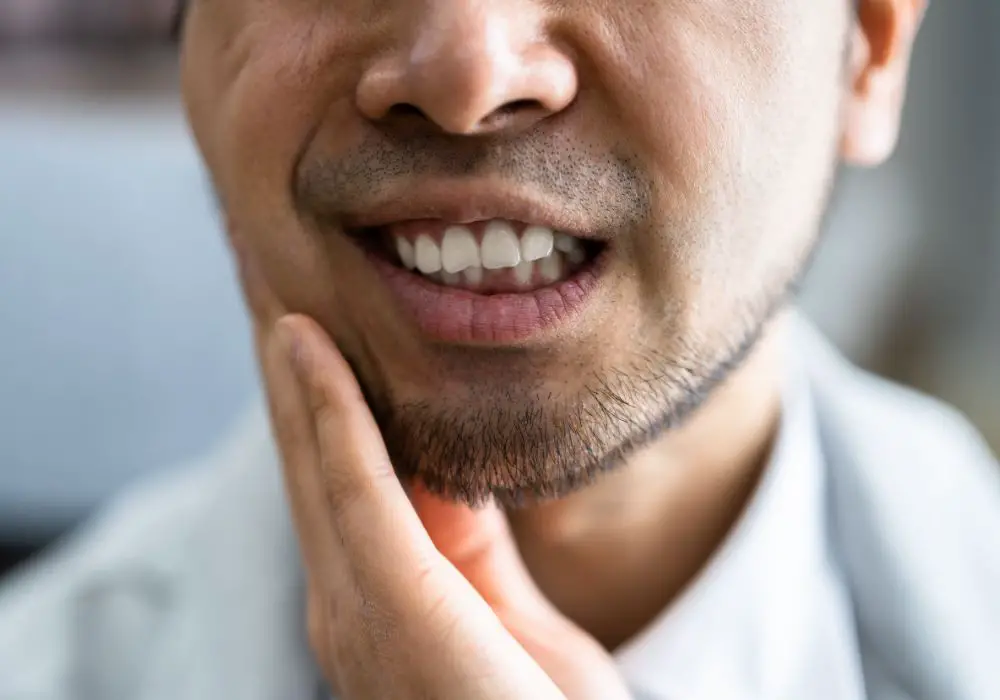
Maintaining good dental health is important for overall health. Poor dental hygiene can lead to various health problems, including kidney problems. In this section, we will discuss how dental health affects kidneys.
Gum Disease and Kidney Problems
Gum disease, also known as periodontal disease, is a bacterial infection that affects the gums and bone that support the teeth. Studies have shown that people with gum disease are more likely to have kidney problems than those without gum disease. The bacteria that cause gum disease can enter the bloodstream and damage the kidneys.
Furthermore, people with kidney disease are more likely to have gum disease due to weakened immune systems and poor blood flow to the gums. Therefore, it is crucial to maintain good dental hygiene to prevent gum disease and reduce the risk of kidney problems.
Tooth Infections and Kidney Disease
Tooth infections, also known as dental abscesses, occur when bacteria enter the tooth and cause an infection. If left untreated, the infection can spread to other parts of the body, including the kidneys. Studies have shown that people with tooth infections are more likely to develop kidney disease than those without tooth infections.
It is important to note that tooth infections can be prevented by maintaining good dental hygiene and seeking prompt treatment for dental problems. Regular dental check-ups can help detect and treat dental problems before they become serious.
In conclusion, poor dental health can have negative effects on kidney function. Maintaining good dental hygiene and seeking prompt treatment for dental problems can help prevent gum disease and tooth infections, reducing the risk of kidney problems.
Preventive Measures for Oral Health
Maintaining good oral hygiene is essential to prevent dental problems that can lead to kidney disease. Here are some preventive measures you can take to ensure optimal oral health:
Regular Dental Checkups
Regular dental checkups are crucial to maintaining good oral health. You should visit your dentist at least twice a year for routine checkups and cleanings. During your visit, your dentist will examine your teeth and gums for any signs of decay, gum disease, or other dental problems. Early detection of dental problems can prevent them from getting worse and causing complications.
Proper Oral Hygiene
Proper oral hygiene is essential to prevent dental problems. Here are some tips for maintaining good oral hygiene:
- Brush your teeth twice a day for two minutes each time using a fluoridated toothpaste to help strengthen teeth against development of cavities.
- Floss at least once a day to remove plaque and food particles from between your teeth and gums.
- Use an antimicrobial mouthwash to help kill bacteria that cause bad breath and gum disease.
- Limit sugary foods and drinks that can cause tooth decay.
- Quit smoking as it can cause gum disease and tooth loss.
In conclusion, taking preventive measures for oral health can help prevent dental problems that can lead to kidney disease. Regular dental checkups and proper oral hygiene are essential for maintaining good oral health.
Dental Treatment Considerations for Kidney Patients
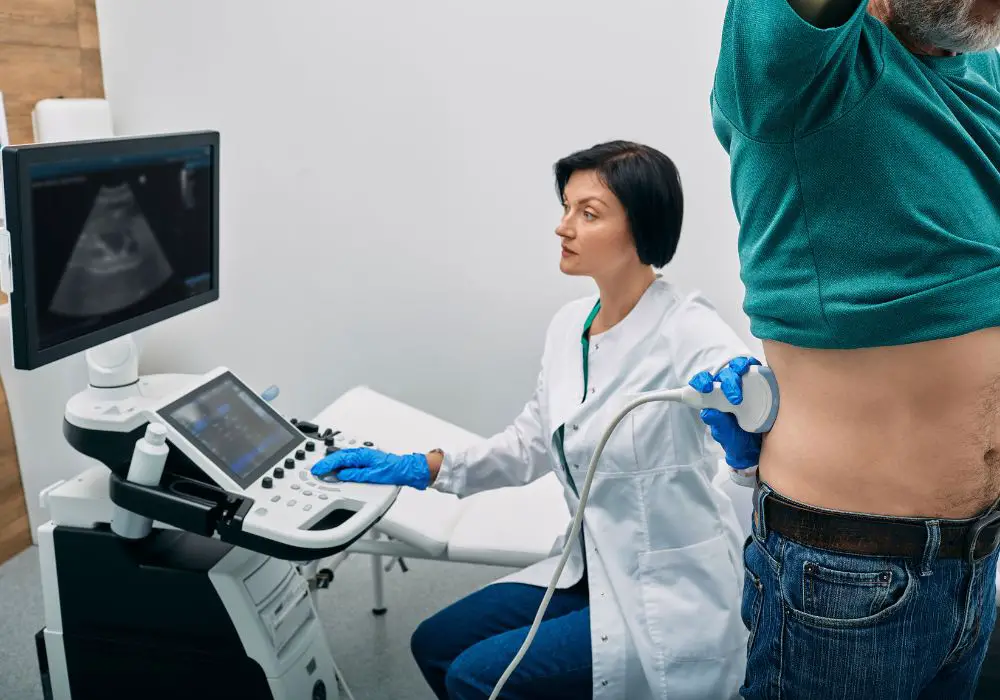
If you have kidney disease, you may be wondering how your dental health can affect your kidneys. While there is no direct link between dental health and kidney function, there are some important considerations to keep in mind when it comes to dental treatment.
Medication Considerations
If you are taking medication for your kidney disease, it is important to inform your dentist before any dental procedures. Some medications can affect dental treatment, such as blood thinners, which can increase the risk of bleeding during a procedure. Your dentist may need to adjust your medication or take other precautions to ensure your safety during treatment.
Dialysis and Dental Procedures
If you are undergoing dialysis, it is important to schedule dental procedures on non-dialysis days to avoid any complications. Dialysis can cause changes in blood pressure and fluid levels, which can affect dental treatment. It is also important to inform your dentist if you have had a recent dialysis treatment, as this can affect your blood pressure and hydration levels.
During dental procedures, your dentist may need to take extra precautions to ensure your safety. For example, if you are undergoing hemodialysis, your dentist may need to avoid using epinephrine in local anesthesia, as this can cause a dangerous increase in blood pressure. Your dentist may also need to monitor your blood pressure and fluid levels throughout the procedure.
Overall, it is important to maintain good dental hygiene and inform your dentist of any kidney disease or treatment before any dental procedures. By taking these precautions, you can help ensure a safe and successful dental treatment.
Frequently Asked Questions
Can bad teeth lead to kidney problems?
Yes, bad teeth can lead to kidney problems. Serious dental infections can delay, or even prevent, being approved for a kidney transplant. This is because, after receiving a kidney, the medications used to prevent rejection of a transplant further weaken the body’s defenses against infection.
What is the connection between kidney disease and dental extractions?
Dental extractions can cause bleeding, which can lead to the release of bacteria into the bloodstream. This can be dangerous for people with kidney disease, as their weakened immune system can make it harder for them to fight off infections. It is important for people with kidney disease to inform their dentist about their condition before any dental procedures.
Is dental local anesthetic safe for people with kidney disease?
Yes, dental local anesthetic is generally safe for people with kidney disease. However, it is important to inform your dentist about your condition before any dental procedures, as some medications used in dental procedures can affect kidney function.
Can a tooth infection lead to a urinary tract infection?
Yes, a tooth infection can lead to a urinary tract infection. This is because the bacteria that cause tooth infections can travel through the bloodstream to other parts of the body, including the urinary tract. It is important to treat tooth infections promptly to prevent the spread of bacteria.
How does dental treatment affect kidney stone patients?
Dental treatment does not directly affect kidney stone patients. However, some pain medications used in dental procedures can affect kidney function. It is important for kidney stone patients to inform their dentist about their condition before any dental procedures.
Are there oral symptoms of kidney disease?
Yes, there are oral symptoms of kidney disease. These can include dry mouth, bad breath, metallic taste in the mouth, and changes in the sense of taste. It is important for people with kidney disease to inform their dentist about their condition and any symptoms they may be experiencing.



